The warnings have been loud and clear—so why haven’t we listened?

For decades, climate scientists have been ringing the alarm bells. They’ve published reports, testified before governments, and presented overwhelming evidence that the planet is heating up at a catastrophic rate. Each time, the message has been the same: act now, or suffer the consequences. And yet, instead of urgent action, the world has doubled down on consumption—more fossil fuels, more plastic, more mindless shopping sprees.
As predictions turn into reality, the disasters keep piling up. Ice caps are vanishing, wildfires are raging longer, and extreme weather is rewriting history. Scientists didn’t just warn us about this—they practically begged us to change course. Yet every time, society chose business as usual. Policies stalled, corporations lobbied, and the public tuned out. Here are 13 moments when climate experts sounded the alarm, and we responded by swiping our credit cards.
1. Scientists said the Arctic was in danger—cruise ships booked more trips.
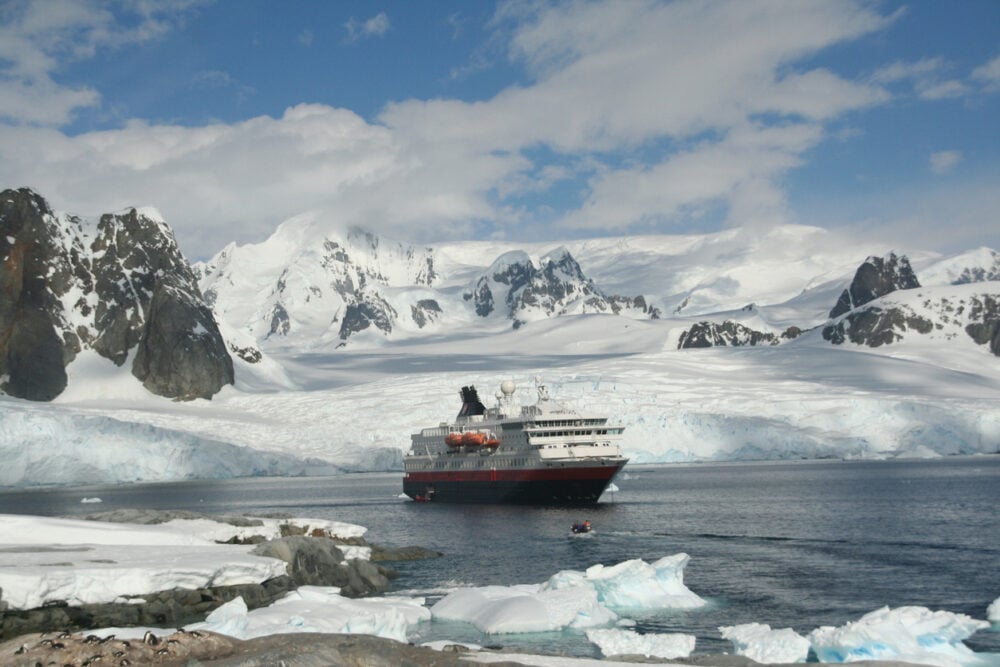
Climate researcher Mika Rantanen and his team, in a study published in Nature Communications, found that the Arctic is warming nearly four times faster than the global average, intensifying concerns about its rapidly changing climate. Glaciers were thinning, polar bears were starving, and entire ice sheets were at risk of collapse. Instead of protecting the region, the world turned it into a tourist destination.
As the ice melted, cruise companies seized the opportunity, offering tourists a front-row seat to the climate crisis. Ships now navigate areas that were once permanently frozen, and emissions from these trips only accelerate the problem. Travelers pay thousands of dollars to witness the destruction firsthand, cameras in hand, while contributing to the very thing that’s making the Arctic disappear.
2. The Amazon burned, and we kept buying burgers.
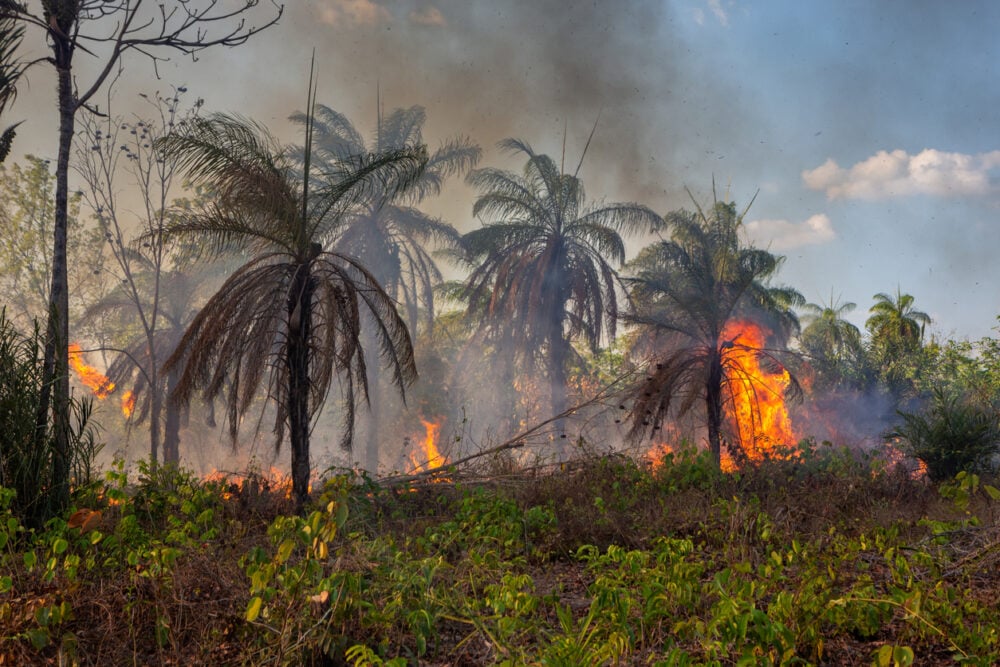
Every time a new wave of Amazon wildfires makes the news, scientists repeat the same warning: deforestation is pushing the planet closer to collapse, and the beef industry is making it worse. Ranchers clear land by setting massive fires, and multinational meat companies keep fueling the demand.
The World Wildlife Fund reports that extensive cattle ranching is the leading cause of deforestation in nearly every Amazon country, accounting for 80% of current deforestation. Fast food chains and grocery stores source beef from deforested land, while consumers shrug and add another burger to their order. The Amazon is disappearing at a terrifying rate, but as long as cheap meat stays on the menu, few seem willing to change their habits.
3. A UN climate report predicted disaster—fast fashion sales skyrocketed.
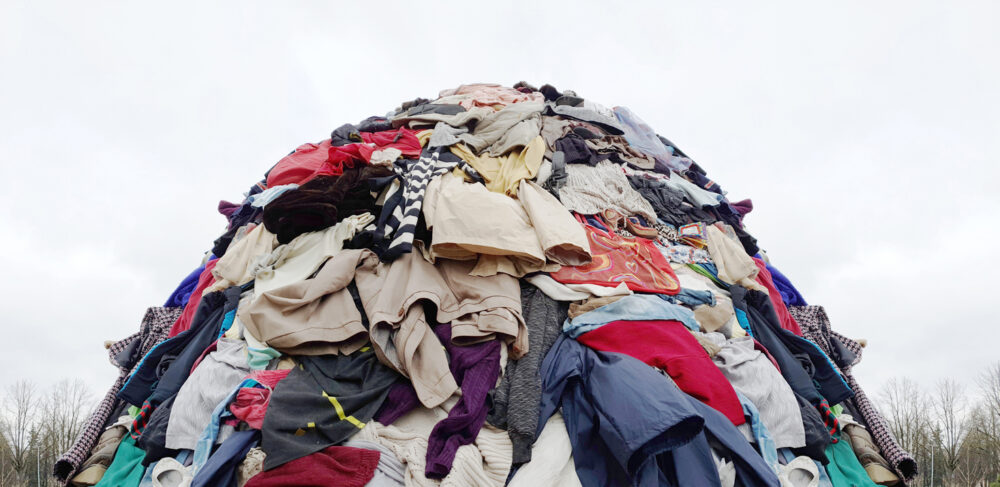
When the UN released its 2018 climate report warning that we had just 12 years to prevent irreversible damage, the fashion industry responded in the worst way possible. Instead of slowing down, brands sped up, producing more clothes, more waste, and more emissions than ever before.
Ultra-fast fashion brands turned the industry into a relentless cycle of overproduction, flooding the market with cheap clothing made from fossil-fuel-based fabrics. While scientists begged for reduced consumption, shoppers raced to buy the latest trends.
According to the United Nations Environment Programme, the fashion industry generates 10% of global carbon emissions—more than all international flights and maritime shipping combined. This stark reality proves that even the most urgent warnings can’t compete with the thrill of a bargain.
4. Coral reefs turned ghostly white while tourism kept booming.
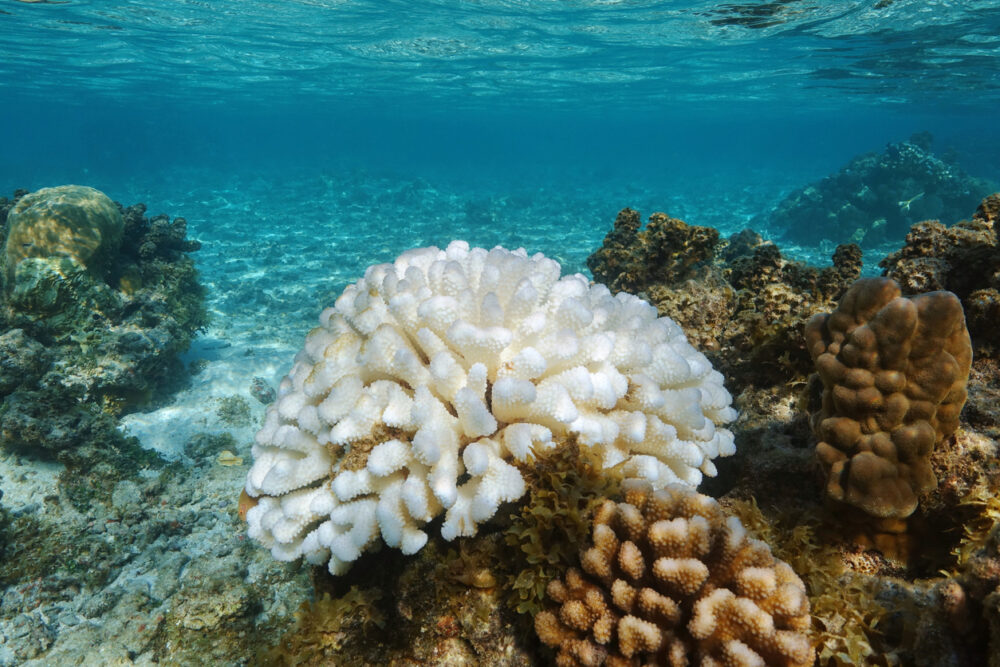
For years, marine biologists have watched in horror as coral reefs suffer mass bleaching events caused by warming oceans. Without immediate intervention, entire reef ecosystems could collapse. But instead of giving reefs a break, the tourism industry packed in more snorkelers and divers than ever before.
Unregulated tourism, sunscreen pollution, and reckless boating have only worsened the crisis. Popular reefs, once teeming with life, are now skeletal remains of what they used to be. Some countries have closed off sections of their reefs in an effort to protect them, but the damage is extensive. Meanwhile, travelers still book trips to see the beauty that scientists warned would disappear.
5. Extreme heat shattered records—so air conditioners took over the planet.

As climate scientists warned of deadly heat waves, people responded by cranking up the AC. Cooling systems now account for nearly 10% of global electricity use, most of which is powered by fossil fuels. The hotter it gets, the more air conditioning we use, creating a vicious cycle that makes the planet even warmer.
Instead of investing in heat-resistant infrastructure, tree coverage, or energy-efficient cooling methods, cities keep relying on power-hungry AC units. The demand for cooling is expected to triple by 2050, putting even more strain on the climate. What should have been a wake-up call has turned into yet another reason to burn more energy.
6. Wildfires raged longer than ever, yet we kept building homes in fire zones.
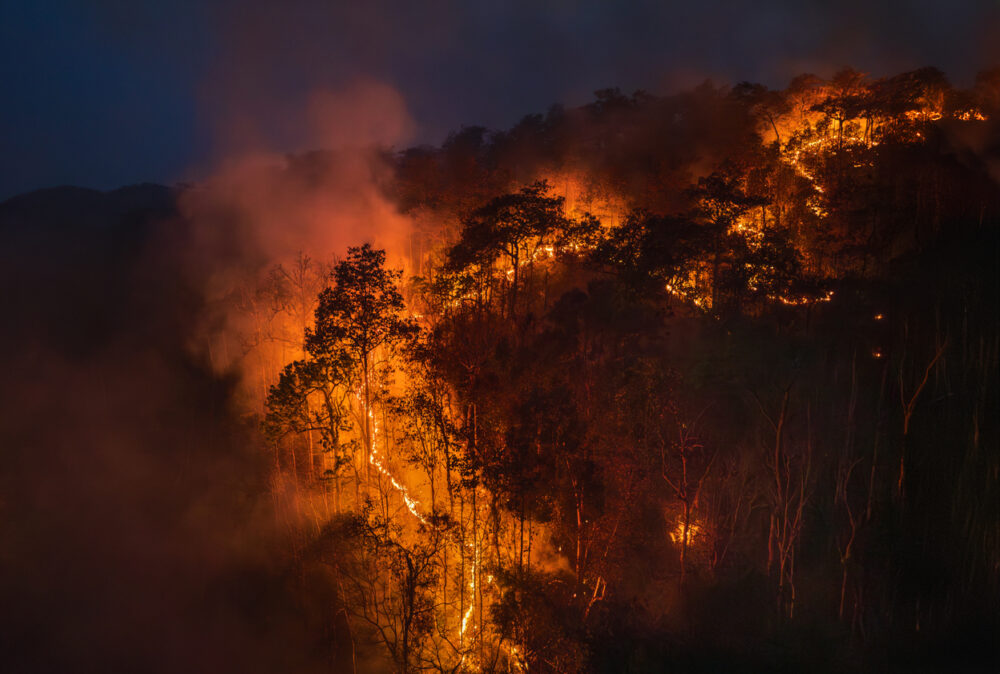
Scientists have spent years warning that climate change is making wildfires more frequent and intense. Rising temperatures, prolonged droughts, and stronger winds have turned entire regions into tinderboxes.
Instead of adapting, developers kept building homes in high-risk areas, increasing both the destruction and the danger. Despite repeated evacuations and billions in damages, new housing developments continue popping up in fire-prone regions.
Insurance companies are even pulling out of these areas, refusing to cover homes that are almost guaranteed to burn. The message from scientists has been clear—wildfires are only getting worse. But instead of rethinking where we live, people keep rebuilding in the path of destruction.
7. Rising seas swallowed coastlines, but luxury waterfront real estate never looked better.

For decades, climate scientists have warned that rising sea levels will submerge coastlines, displacing millions and wiping out entire communities. Despite the clear risks, developers have continued building high-end homes right along the water’s edge, marketing them as prime real estate.
Beachfront mansions and luxury resorts keep popping up in places that are already seeing increased flooding. Cities like Miami have to pump out water from sunny-day floods, yet property values in flood-prone areas remain sky-high. Scientists say these homes will eventually be underwater, but as long as the views stay nice, buyers don’t seem to care.
8. Plastic choked the oceans while companies rolled out even more single-use packaging.
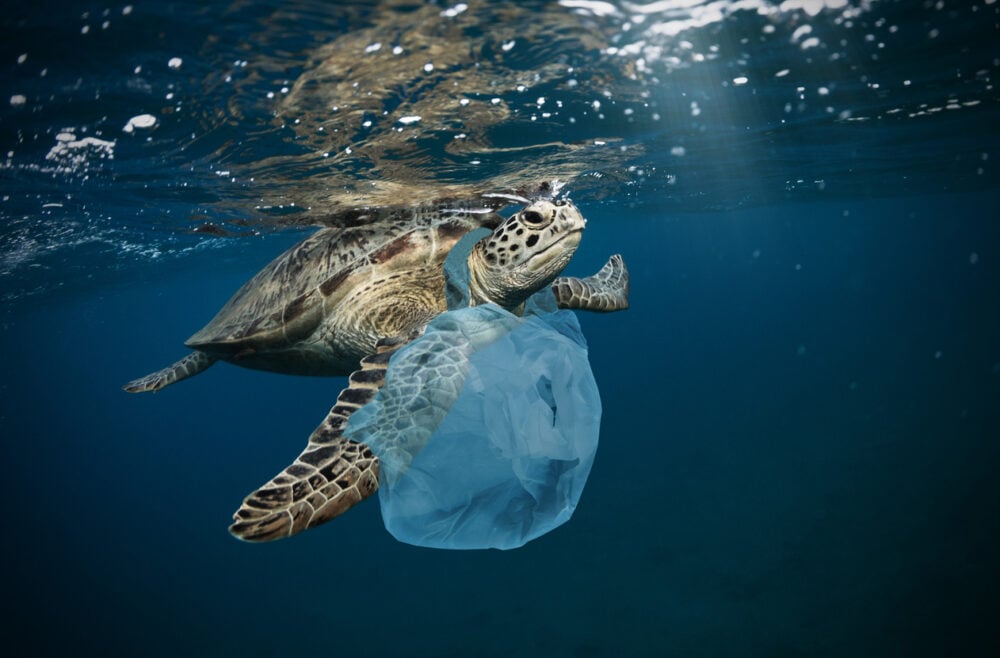
For years, scientists have sounded the alarm on plastic pollution, warning that microplastics have infiltrated our water, our food, and even our bodies. The obvious solution? Cut back on plastic production. Instead, major corporations responded by increasing their use of single-use plastics.
Despite bans on plastic straws and grocery bags in some areas, companies continue pumping out plastic packaging at record levels. Global plastic production is expected to nearly triple by 2060, with most of it designed for a single use before it ends up in landfills or the ocean. While consumers are urged to recycle, the reality is that only a tiny fraction of plastic waste ever gets processed properly.
9. Fossil fuel emissions soared despite clean energy being cheaper than ever.
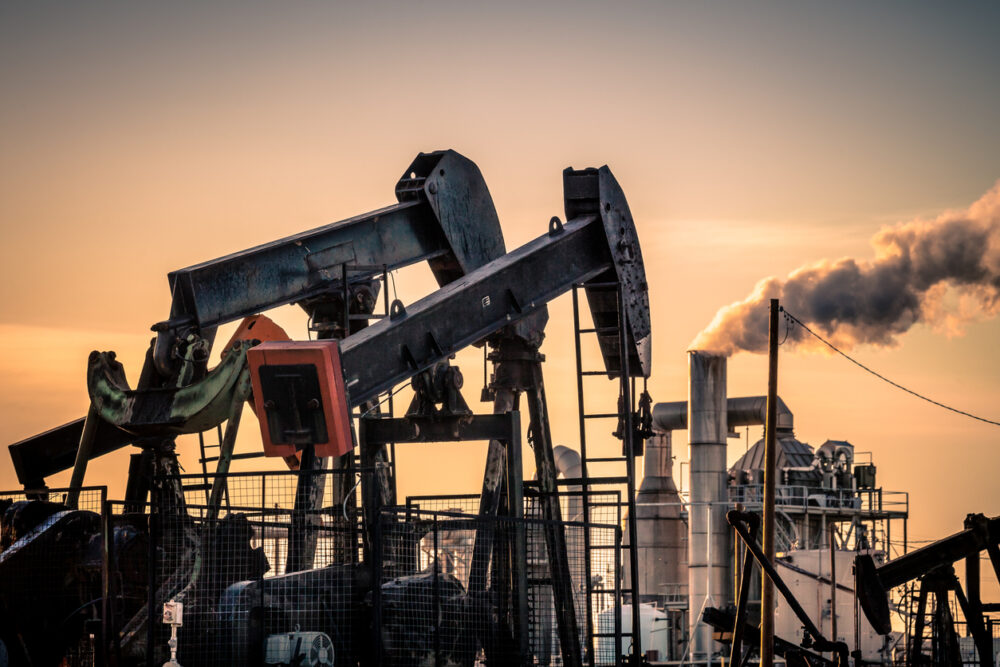
Renewable energy has never been more affordable, yet fossil fuel consumption continues to climb. Scientists have spent decades urging governments and industries to transition to clean power, but instead of investing in wind, solar, and geothermal, many countries doubled down on coal, oil, and gas.
Even as climate disasters intensify, fossil fuel companies keep expanding their operations, backed by subsidies and political influence. The technology to switch exists, but the money continues flowing in the wrong direction. While clean energy adoption is increasing, it’s still not happening fast enough to counteract the damage. Scientists predicted this scenario years ago, and now we’re watching it unfold in real time.
10. Scientists begged for fewer flights, and private jets doubled in popularity.

Commercial aviation is a major source of carbon emissions, and scientists have long urged people to cut down on unnecessary air travel. While some travelers reduced their flying habits, the ultra-wealthy went in the opposite direction. Private jet usage skyrocketed, pumping out emissions at a staggering rate.
A single private jet trip can emit more carbon in a few hours than the average person does in a year. While governments debate carbon taxes and climate policies, celebrities, CEOs, and politicians continue flying private for short, easily drivable distances. Calls for a more sustainable approach to travel have largely been ignored in favor of convenience and luxury.
11. Droughts worsened, yet water-guzzling industries kept draining rivers dry.
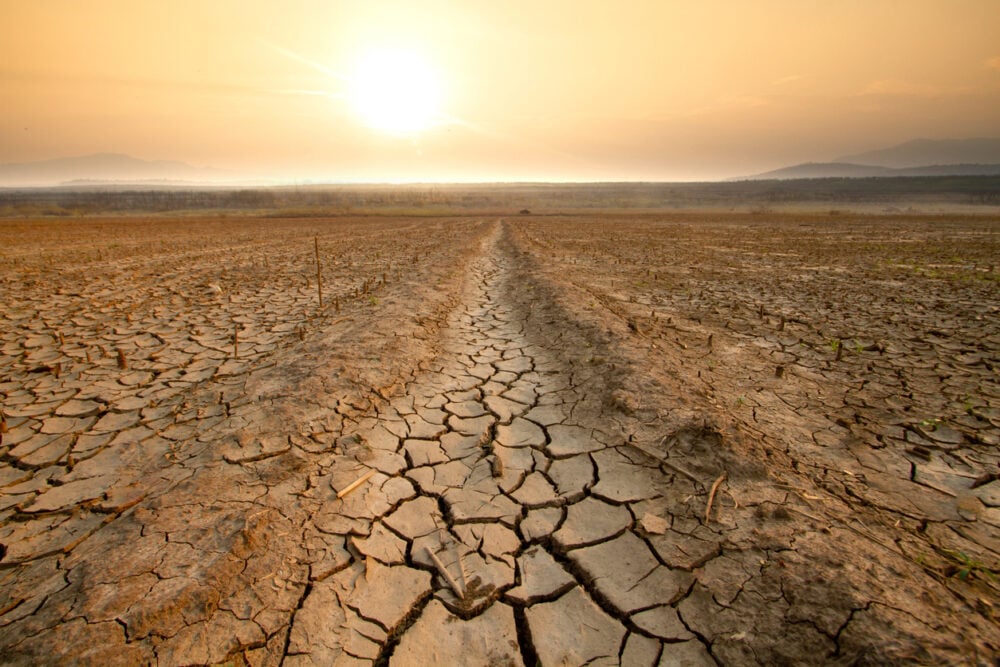
Longer droughts, shrinking reservoirs, and depleted groundwater have left scientists pleading for better water management. Instead of conserving resources, industries reliant on massive water consumption—like industrial agriculture and bottled water companies—have continued draining supplies at an unsustainable rate.
In places like California, where farmers use up to 80% of the state’s water, drought conditions are now a way of life. Meanwhile, bottled water companies have secured rights to pump water from vulnerable sources, reselling it at a markup while local communities struggle with shortages. Even as lakes and rivers reach historic lows, the thirst for profit remains unquenchable.
12. Ice sheets collapsed, and we kept drilling for oil in the Arctic.
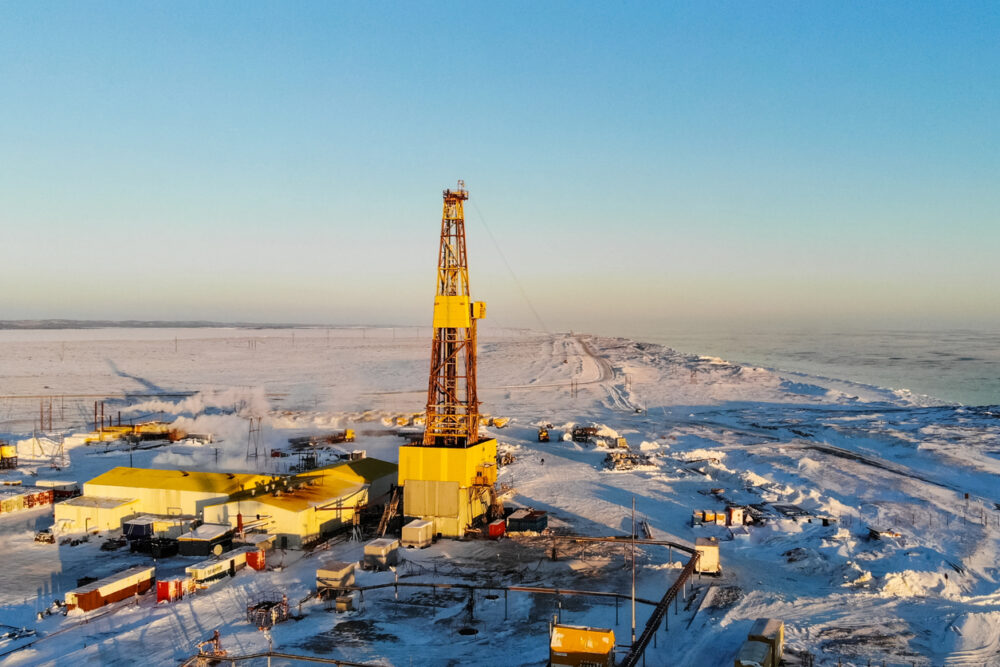
Melting ice should be a wake-up call, but instead, fossil fuel companies saw it as an opportunity. As Arctic ice sheets broke apart, oil giants moved in to claim new drilling sites, exploiting newly accessible reserves. Scientists warned that this was a disastrous cycle—burning fossil fuels melts the ice, which exposes more fossil fuels, leading to even more emissions.
Despite the clear consequences, governments have continued approving drilling projects in the region. As polar bears struggle to survive and Indigenous communities watch their land disappear, oil rigs are setting up shop in one of the most fragile ecosystems on Earth. The Arctic is literally breaking apart, but rather than protecting it, industries are racing to extract every last drop of oil.
13. Climate protests went global, and lawmakers hit snooze.
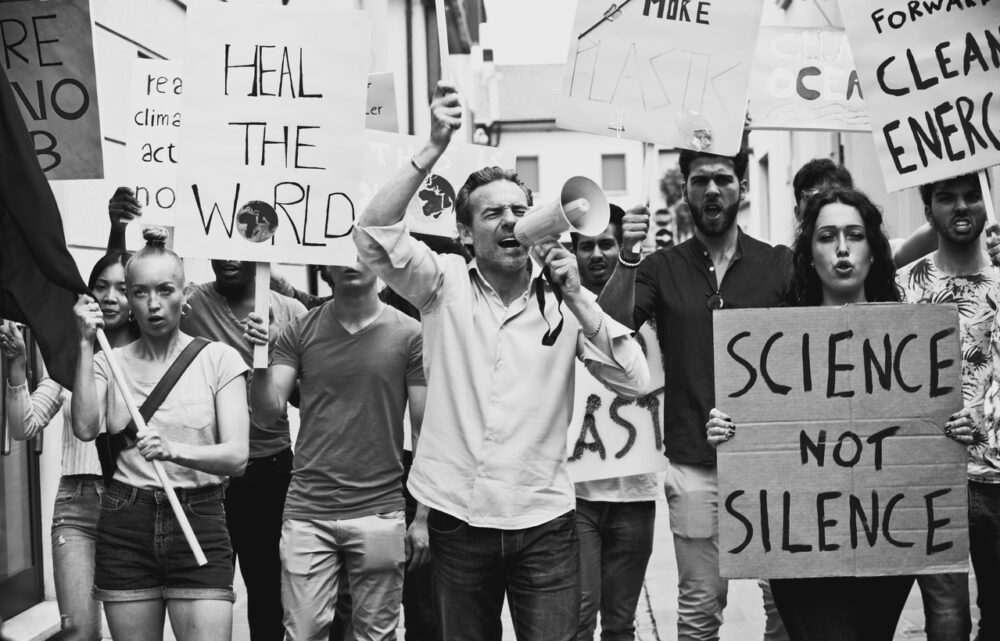
When young activists began leading climate marches across the globe, scientists applauded the momentum. Millions took to the streets demanding bold climate action, from fossil fuel divestment to stricter emissions regulations. The message was clear: the next generation wasn’t waiting quietly while the planet burned.
Governments and corporations responded with photo ops, vague pledges, and business as usual. Leaders praised the “passion of youth” while continuing to approve new drilling sites, airports, and deforestation projects. While scientists and activists spelled out exactly what needed to happen, the political response was mostly symbolic. Momentum surged, but actual policy shifts never came close to matching the urgency.